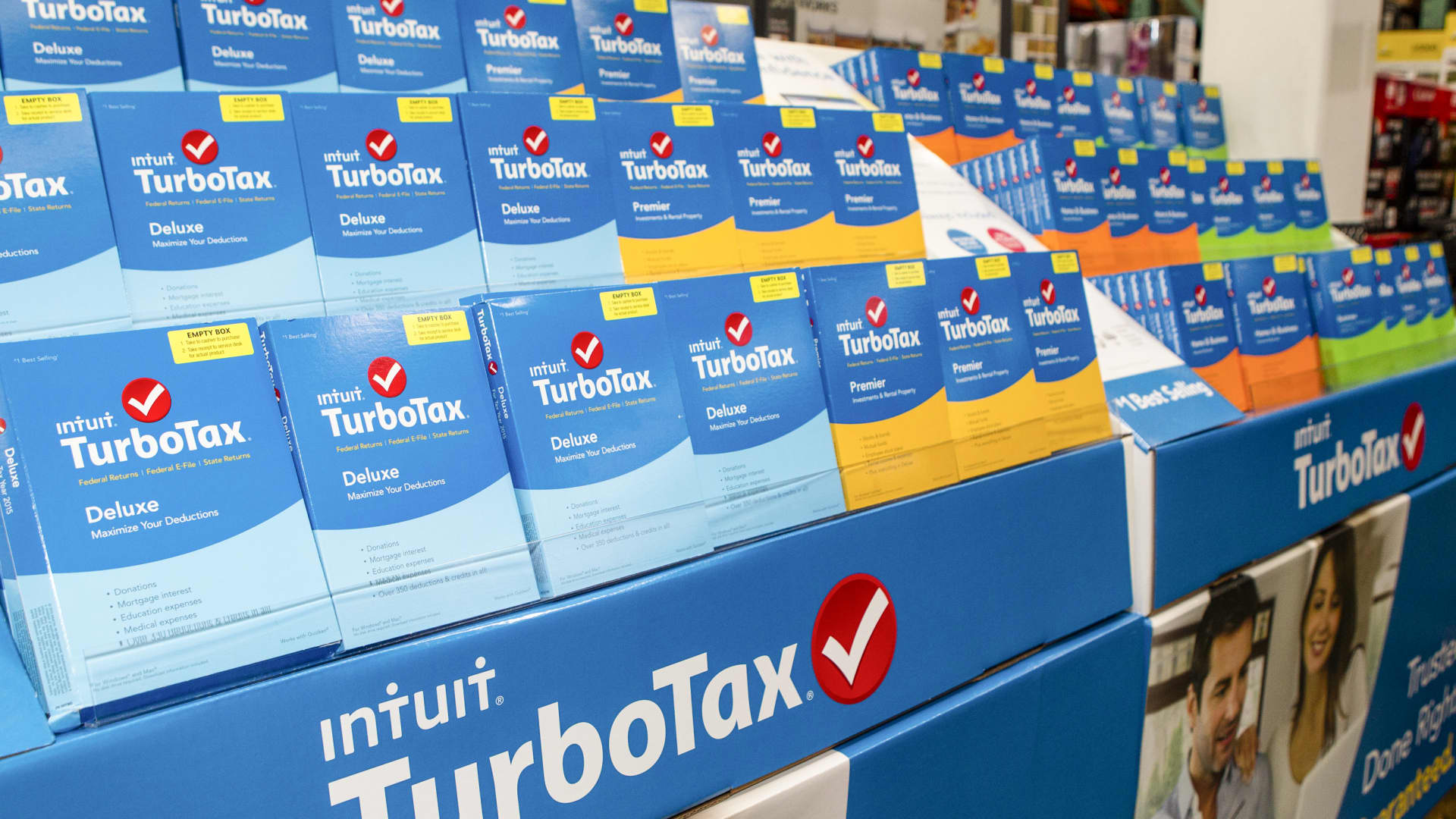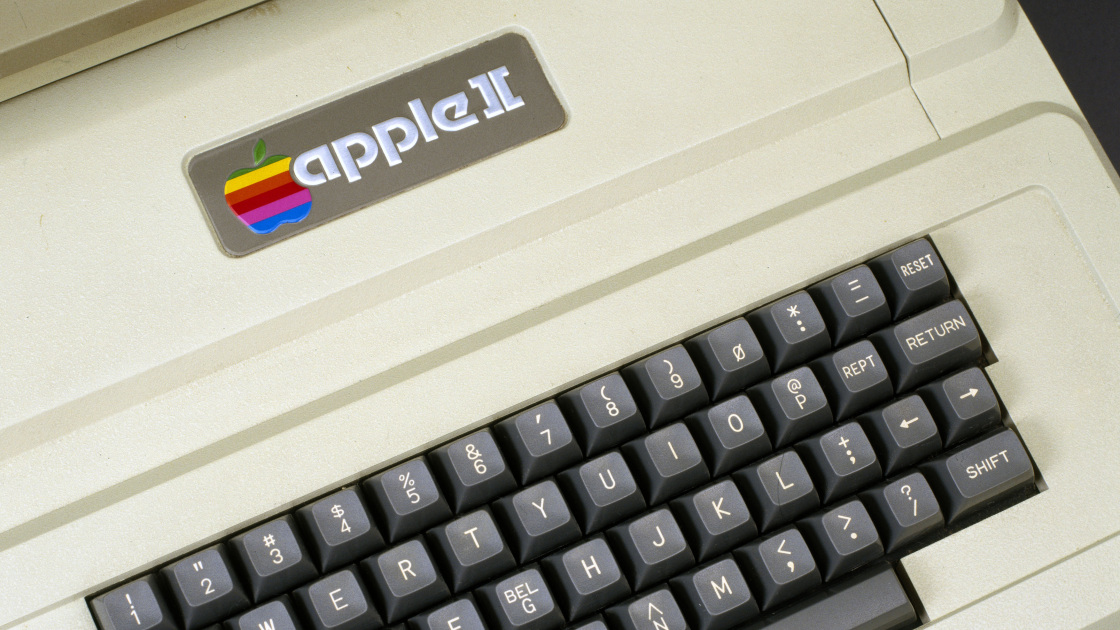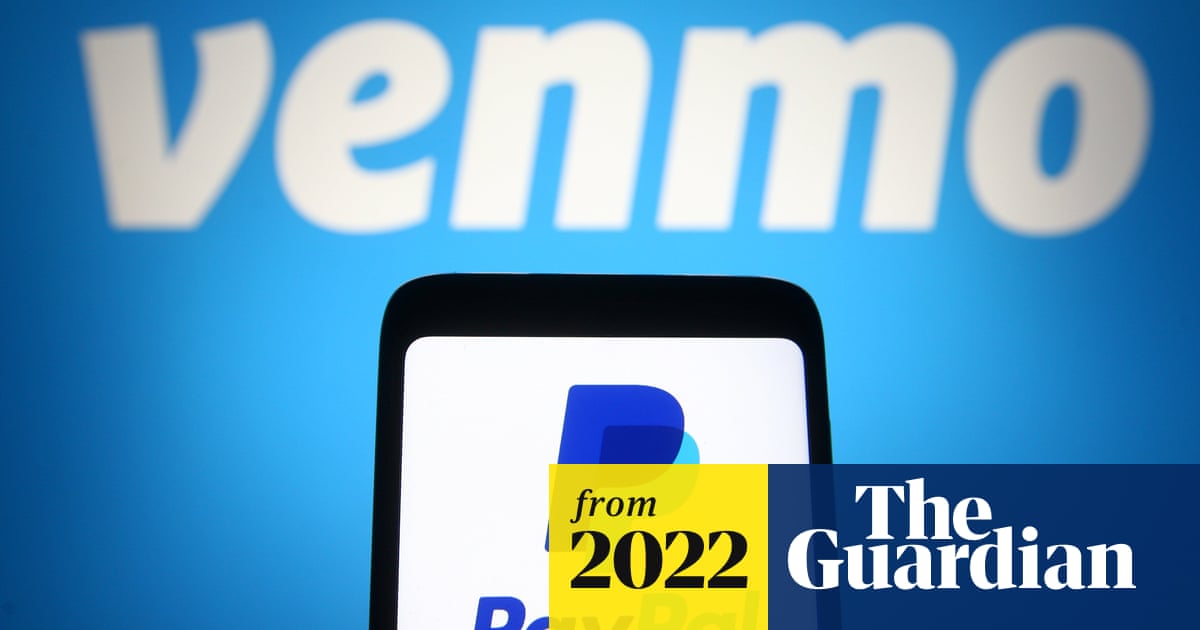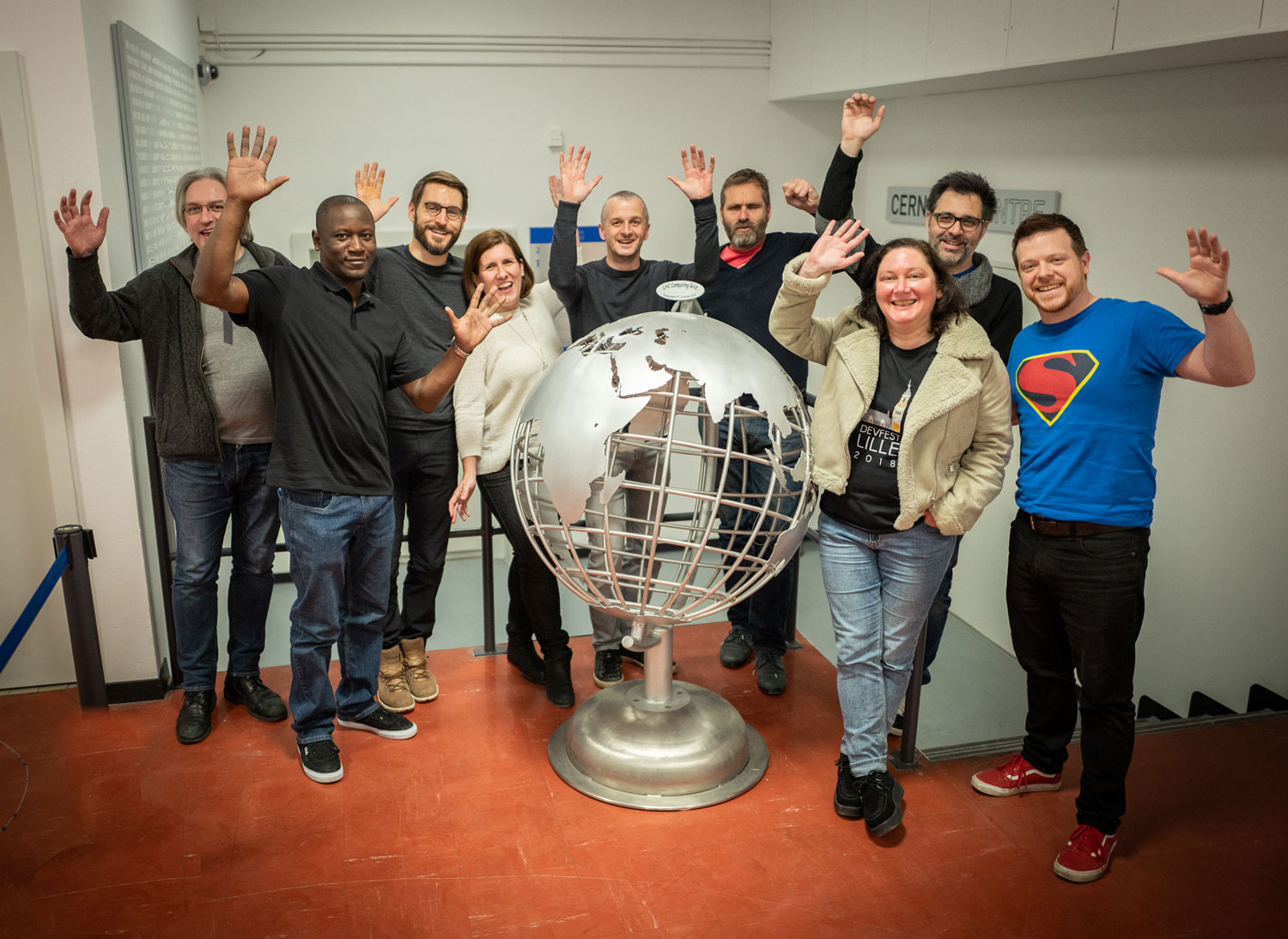In the fledgling days of the internet, before I just blindly trusted putting my credit card on the internet, I did just about all my shopping at this place called Circuit City. It was like a more ghetto Best Buy. I actually preferred it to Best Buy. Because I myself am ghetto lol. One of the main reasons though is cuz right when widescreen LCD monitors came out I went to buy a huge 22" (lol) and it rang up incorrectly like $300 less. I looked at the teenager behind the counter, who was oblivious as to why I was looking at him, he said the total again and then I had a momentary crisis of conscience and then just said fuck it and gave him my card. Walked out the doors the whole time thinking don't beep dont beep. Got a 500 monitor for like 100 and change. I still have that monitor and it still works to this day. Acer.













